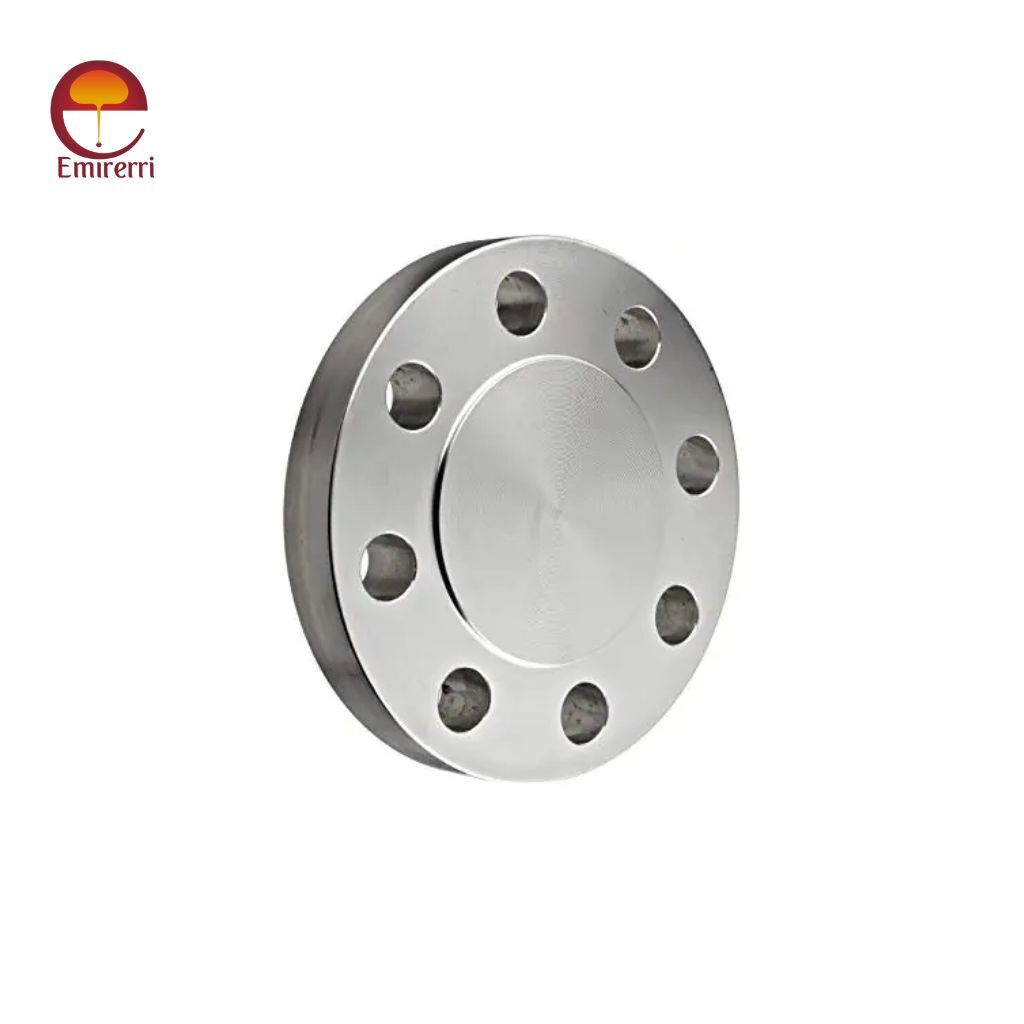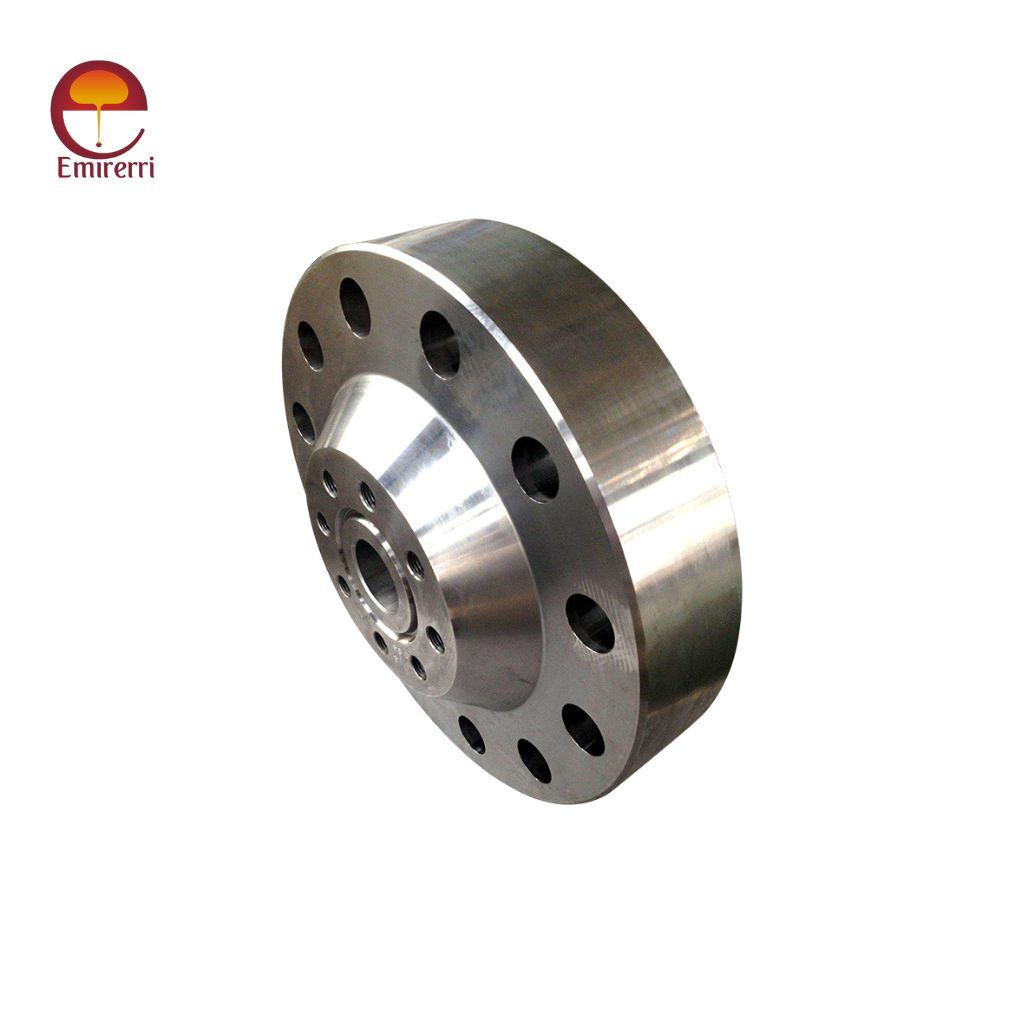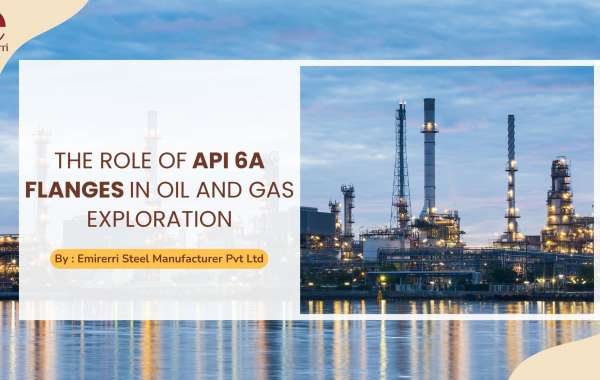The oil and gas industry is one of the most demanding sectors, requiring precision-engineered components to ensure safety, efficiency, and reliability. Among the myriad components used, API 6A flanges are pivotal in the exploration and extraction processes. These flanges are specially designed to meet the rigorous standards of the American Petroleum Institute (API) for use in critical operations. This article explores the importance, functionality, and applications of API 6A flanges in oil and gas exploration.
What Is API 6A Flanges?
The API 6A specification covers wellhead and Christmas tree equipment, including flanges, connectors, and other critical components. These standards ensure that all components meet specific pressure, temperature, and material compatibility performance criteria. API 6A flanges are built to withstand extreme operational conditions, such as high-pressure and corrosive environments commonly encountered in oil and gas fields.
API 6A flanges are available in different types, including:
- Blind Flanges: Used to seal the ends of piping systems or wellbore openings.

- Weld Neck Flanges: Designed for high-pressure applications and seamless integration with pipelines.

- RTJ (Ring-Type Joint) Flanges: Known for their leak-proof connections, especially in high-temperature and high-pressure environments.
Applications in Oil and Gas Exploration
API 6A flanges are indispensable in various stages of oil and gas exploration, including:
- Wellhead Equipment: Flanges are crucial in connecting and securing components like valves, blowout preventers (BOPs), and tubing spools on the wellhead. This ensures a tight seal and structural integrity under high pressure.
- Pipeline Connections: These flanges provide secure and reliable connections for transporting oil and gas from the extraction site to processing facilities.
- Subsea Installations: In offshore exploration, API 6A flanges are used in subsea wellheads to maintain secure connections under immense underwater pressure.
- Manifold Systems: Flanges are integral to manifold systems that distribute oil and gas flow from multiple wells to processing facilities.
The Manufacturing Process
The production of API 6A flanges involves several critical steps to ensure compliance with industry standards:
- Material Selection: High-quality raw materials are chosen based on the intended application and environmental conditions.
- Forging: The material is forged under high pressure to enhance its strength and grain structure.
- Heat Treatment: Heat treatment processes, such as quenching and tempering, improve the mechanical properties and durability of the flange.
- Machining: Precision machining ensures accurate dimensions and surface finishes for optimal sealing performance.
- Testing and Certification: Rigorous testing, including pressure, temperature, and non-destructive testing (NDT), ensures the flange meets API 6A specifications.
Challenges and Future Trends
Despite their robustness, API 6A flanges face challenges, such as:
- Corrosion: Continuous exposure to saline water and corrosive fluids necessitates advanced materials and coatings.
- High Costs: Using premium materials and complex manufacturing processes can increase costs.
To address these issues, manufacturers are exploring innovations such as:
- Advanced Materials: Superalloys and composite materials are developed to enhance corrosion resistance and reduce weight.
- 3D Printing: Additive manufacturing techniques to produce customized flanges with reduced lead times and waste.
- Digital Integration: Smart flanges equipped with sensors to monitor pressure, temperature, and structural integrity in real time.
The Seal of Safety: Preventing Leaks
One of the most critical functions of API 6A flanges is their ability to provide a reliable, leak-proof seal. Even the smallest leak can be disastrous in the oil and gas industry. Oil and gas leaks can lead to hazardous working conditions, environmental damage, and even catastrophic explosions. API 6A flanges are designed with multiple sealing mechanisms, such as gaskets and O-rings, that ensure a tight, secure connection between pipeline segments or other pieces of equipment.
Flanges are often paired with specialized sealing technologies to enhance their performance. The tightness of the seal prevents the escape of pressurized fluids and gases, which is essential for operational safety and environmental protection. Whether it's a high-pressure oil pipeline or a gas wellhead, API 6A flanges create the barrier that keeps everything contained, reducing the risk of leaks and improving safety for workers and the surrounding environment.
Cost Efficiency and Maintenance
Another reason API 6A flanges are so vital to oil and gas operations is the impact they have on cost efficiency. Oilfield operations can be extremely expensive, and downtime can cost millions of dollars. By using high-quality, reliable flanges like those made to API 6A standards, companies can reduce the likelihood of leaks or failures, which in turn reduces costly maintenance and repair needs.
These flanges are built to last, meaning that operators can rely on them for the long term, which ultimately lowers the total cost of ownership. Routine maintenance is also made easier thanks to the design of the flanges, which can be disassembled and reassembled quickly, without requiring extensive downtime.
Conclusion
API 6A flanges are vital components in oil and gas exploration, providing the reliability and safety necessary for challenging operational environments. Their ability to withstand high pressure, resist corrosion, and ensure leak-proof connections makes them indispensable in the industry. As technology advances, the evolution of materials and manufacturing techniques will further enhance the performance and cost-efficiency of these critical components, supporting the growing demands of global energy exploration.




